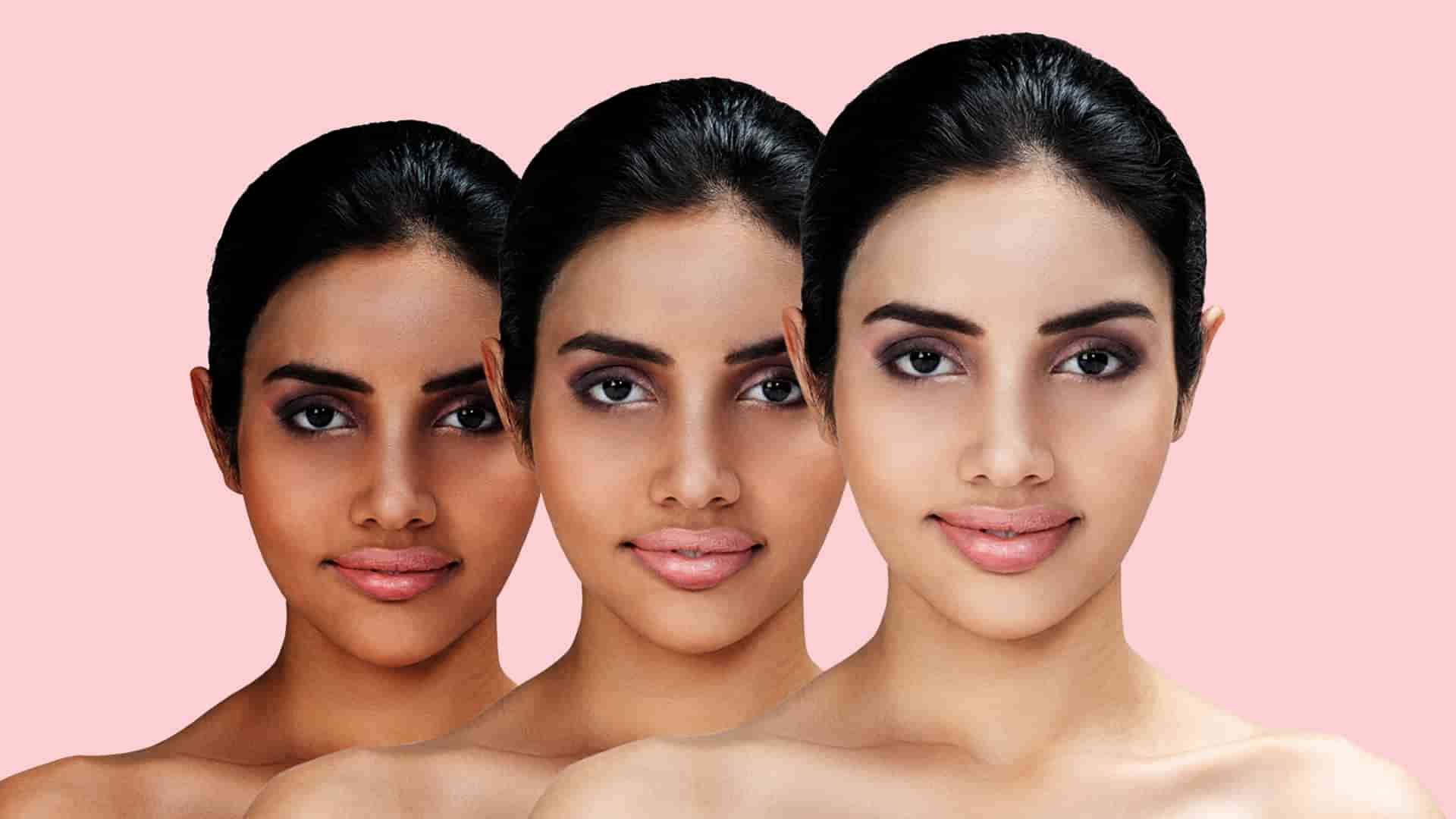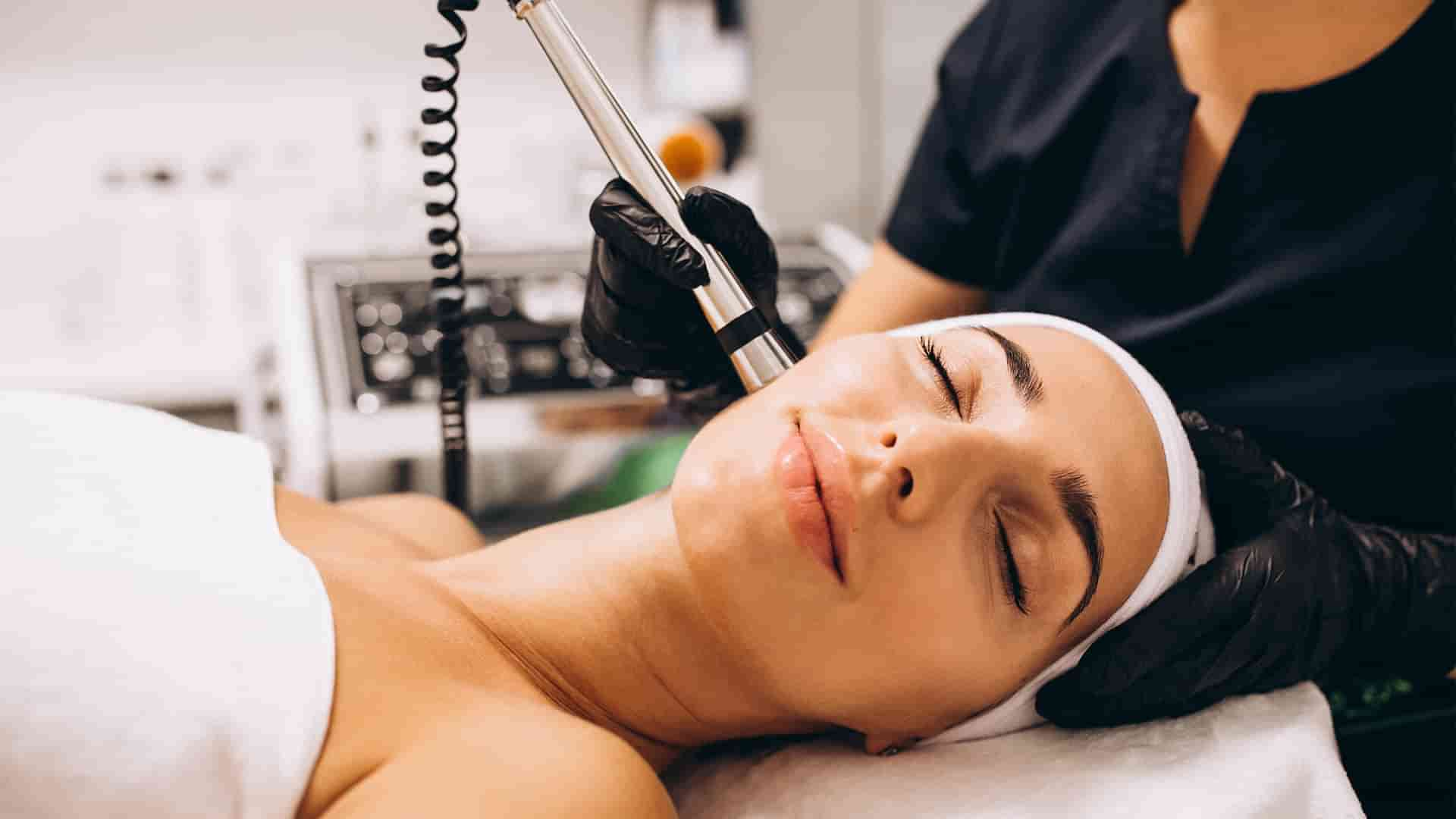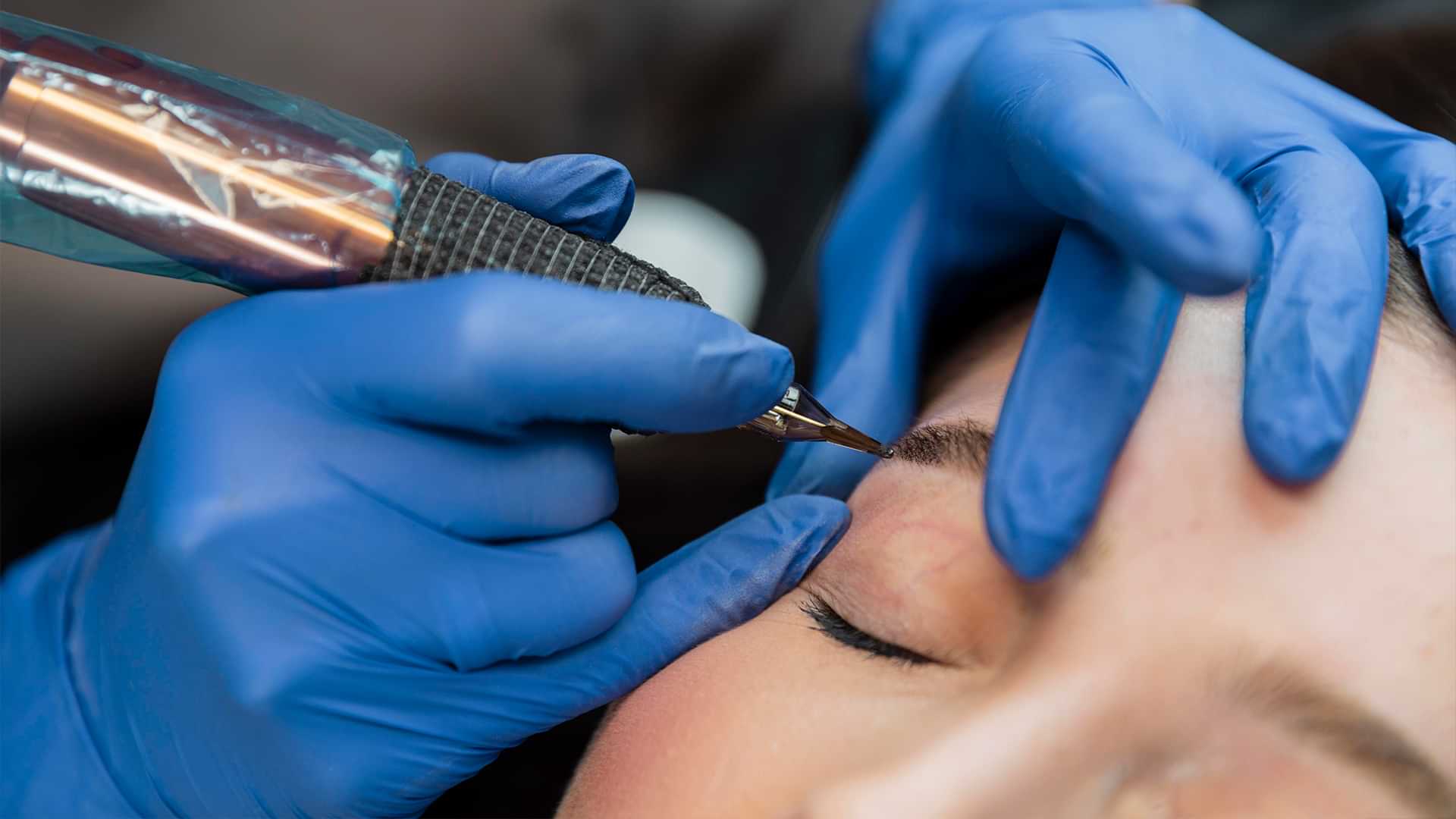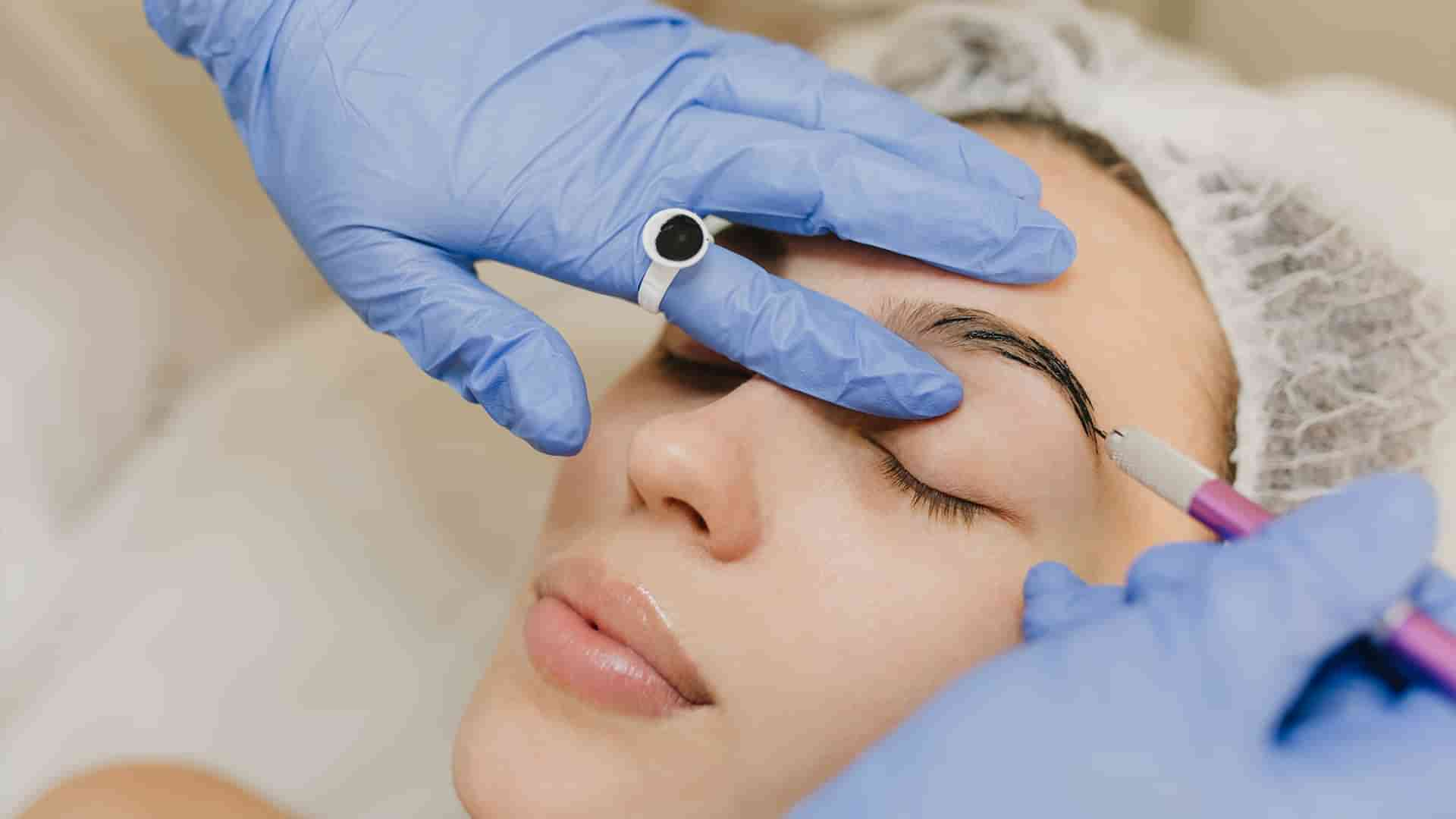Skin Whitening Treatment

Skin Whitening Treatment
Everyone desires a skin tone that is even and smooth. Dark stains, whether huge or little, are a no-no in terms of appearance. However, bleaching and whitening alternatives have gotten so sophisticated that understanding how to make the right choice and combine them into an efficient regimen requires a degree. Here's how to get back to having a clean, bright complexion.
What Causes My Skin Discoloration?
Skin discoloration can be caused by a variety of factors. Fortunately, regardless of the cause of the darkness, bleaching stays the same.
One typical source of discoloration is the aftermath of skin inflammation. Cutaneous inflammation can result from any type of skin damage, no matter how slight or severe. A tiny blemish, an insect bite, or constant friction are all it takes to irritate skin and cause it to discolor.
Localized pools of skin pigment remain after the problem has been addressed. This disease, known as PIH, affects everyone (post-inflammatory hyperpigmentation). Your baseline skin tone, on the other hand, determines how discolored your skin becomes. For example, because I have an olive skin tone, PIH appears purple or light brown on me. The PIH will most likely be darker than your skin tone. The deeper the PIH, the longer it will take to bleach everything back to normal. It might take up to 6 months for purple discoloration to go. It might take up to a year for deeper, dark brown skin discoloration to appear.
Another frequent disease that causes patchy skin darkening is melasma (also known as the pregnancy mask). The hormone estrogen can cause pigment-producing melanocytes to become hyperactive at times. Brown spots appear on the cheeks, chin, forehead, and around the lips as a result. While you don't have to be pregnant or use supplementary estrogens to get melasma, these factors do raise your chances.
Let's get one thing straight: the sun is your adversary. Regardless of the source of your discoloration, the sun contributes to the difference between your natural, beautiful skin tone and the undesirable dark spots. Maybe you can blame it on all those hours spent sunbathing on purpose, or maybe you were just passing by on your way to somewhere less sunny. However, if you don't wear sunscreen, those UV rays will push your pigment-producing skin cells (also known as melanocytes) into overdrive.






